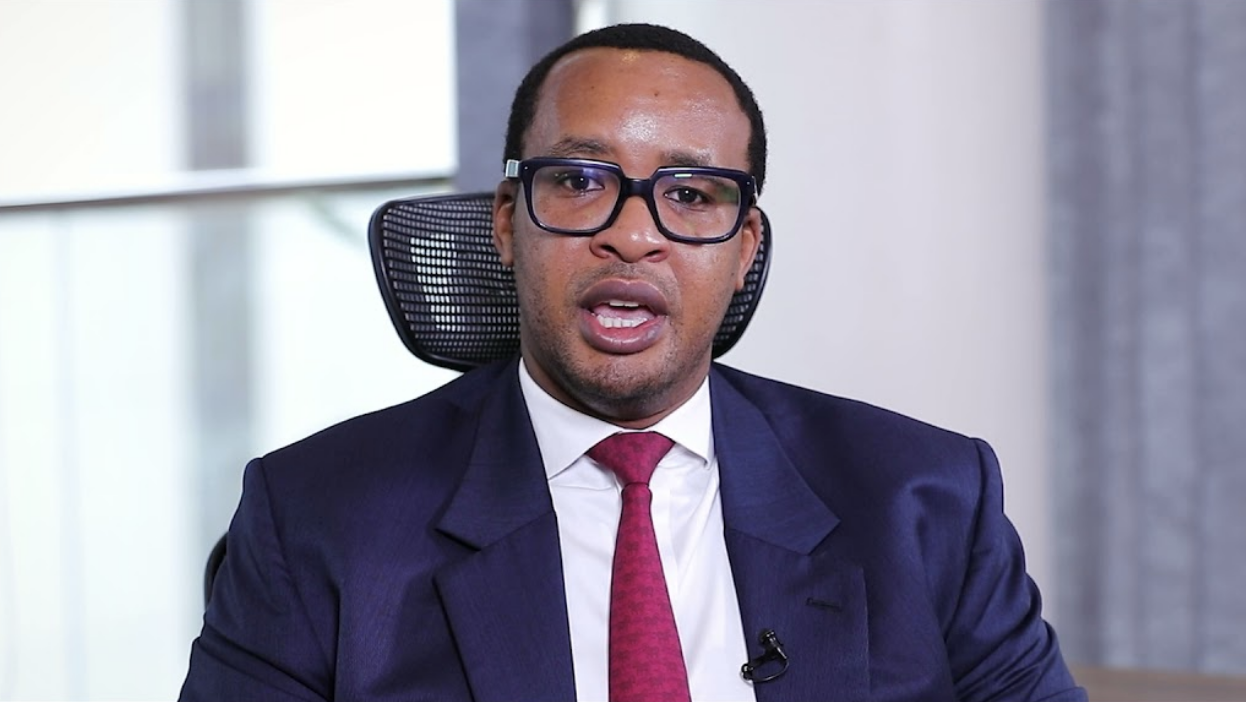Messaging giant Telegram has made a significant departure from its privacy-focused stance, announcing that it will now comply with government requests for user data.
In a move that has sparked widespread concern, the platform, known for its emphasis on user anonymity, will hand over IP addresses and phone numbers to authorities equipped with valid legal warrants or other legitimate requests.
Telegram CEO Pavel Durov justified the change, stating that it aims to deter criminal activity and protect the interests of the platform's vast user base.
However, critics argue that the decision marks a substantial reversal for the company, which has historically championed digital privacy and free expression.
"While 99.999 per cent of Telegram users have nothing to do with crime, the 0.001 per cent involved in illicit activities create a bad image for the entire platform, putting the interests of our almost billion users at risk," Durov said.
Read More
The announcement comes on the heels of Durov's recent arrest in France, where he faces allegations of enabling criminal activity on Telegram, including the dissemination of child abuse images and drug trafficking.
The charges have ignited a heated debate about the extent of online platforms' responsibility for content shared by their users.
Telegram has faced scrutiny in the past for its role in facilitating the spread of misinformation, extremist content, and child pornography.
Critics point to the app's large group sizes, which can reach up to 200,000 members, as a contributing factor to these issues.
"Telegram's marketing as a platform that would resist government demands attracted people that wanted to feel safe sharing their political views in places like Russia, Belarus, and the Middle East," said John Scott-Railton, senior researcher at the University of Toronto's Citizen Lab.
The platform's decision to cooperate with authorities has raised concerns about the potential implications for political dissidents and activists who rely on Telegram for secure communication.
Many users, particularly in countries with repressive regimes, have turned to Telegram as a safe haven for expressing their views.
Cybersecurity experts have also expressed concerns about Telegram's ability to effectively moderate extremist and illegal content.
While the company has taken steps to remove some groups and use AI to filter harmful content, its moderation efforts are widely considered to be less robust than those of competing social media platforms.
"Anything that Telegram employees look at and can recognize with reasonable certainty is illegal, they should be removing entirely," said Daphne Keller at Stanford University's Center for Internet and Society.
The recent policy change has prompted questions about the future of free speech protections on the internet and the extent to which online platforms should be held accountable for the actions of their users.
As Telegram navigates the complexities of balancing user privacy with law enforcement demands, the implications of this decision are likely to be felt for years to come.

-1705051849.jpg)










